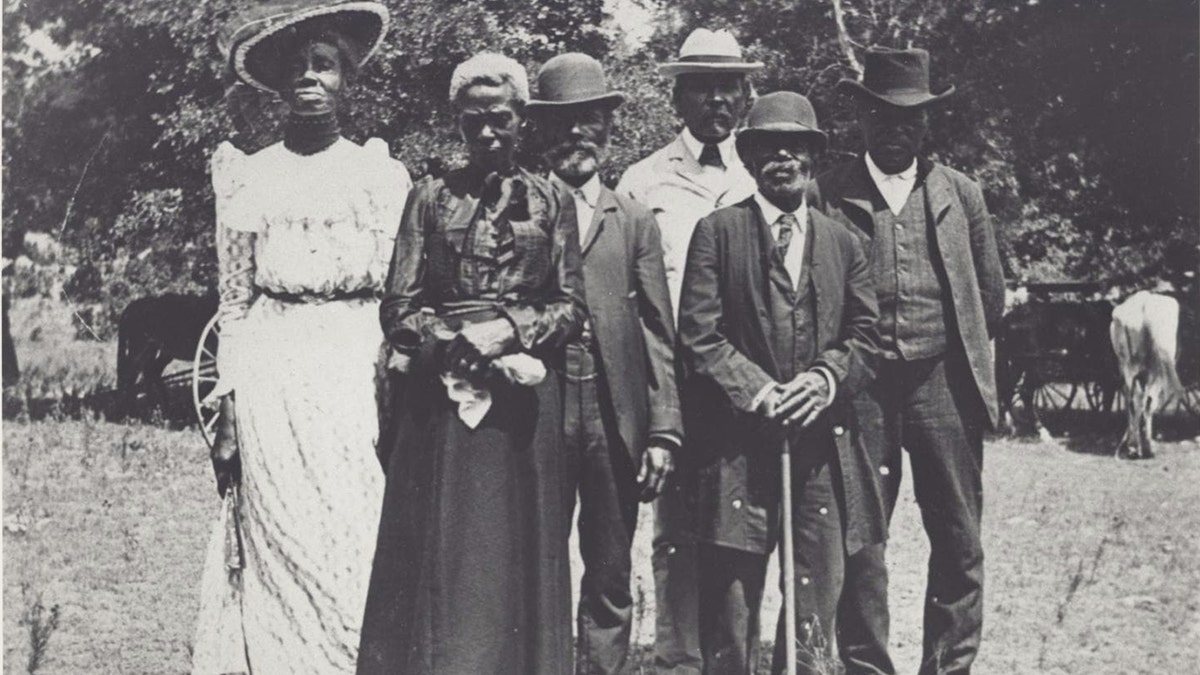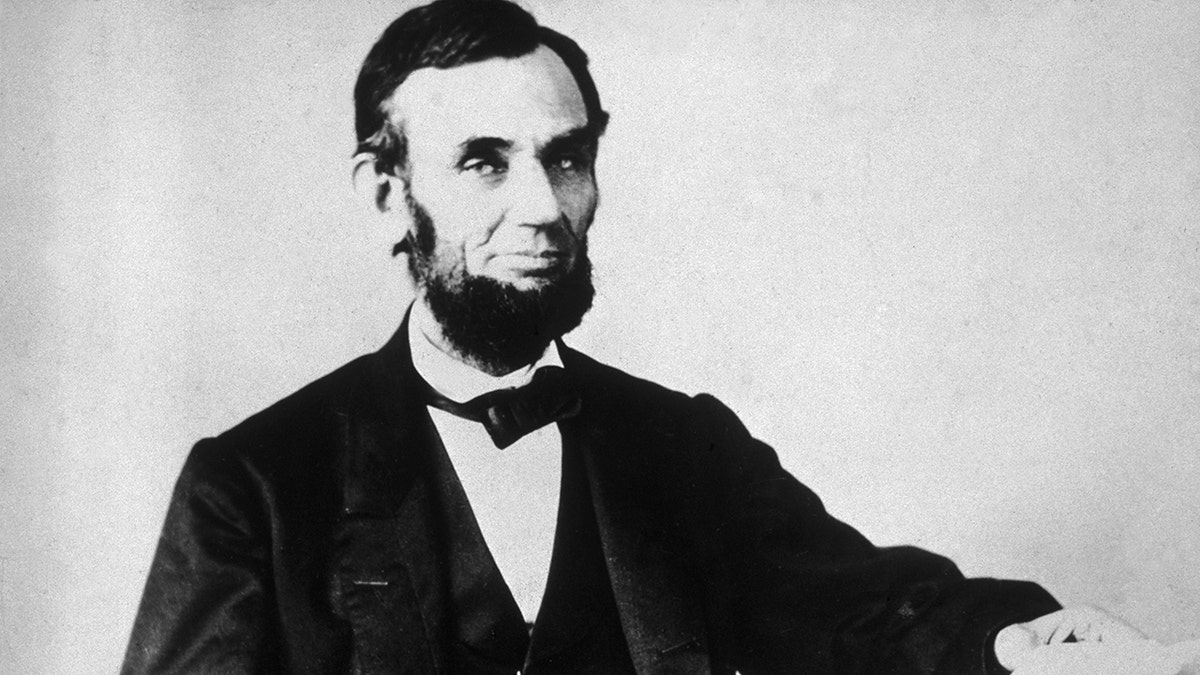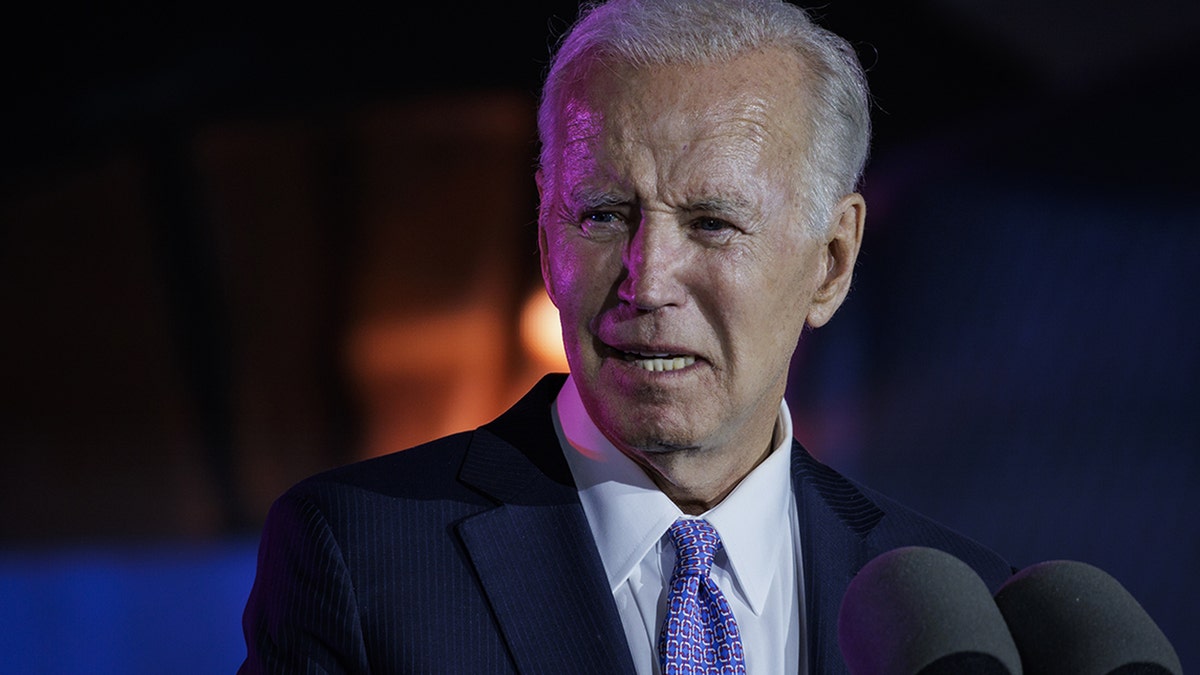Juneteenth, observed annually on June 19th, marks a pivotal moment in American history – the emancipation of enslaved African Americans in Texas. This day commemorates the end of slavery in the United States and has evolved into a nationwide celebration of freedom and resilience.
A Deeper Look into Juneteenth
Juneteenth's significance stems from the events of June 19, 1865, when Union Major General Gordon Granger arrived in Galveston, Texas, to announce the Emancipation Proclamation, which had been issued by President Abraham Lincoln over two years earlier, in 1863. This proclamation declared enslaved people in Confederate states to be free. However, due to the limited Union presence in Texas, the news of freedom didn't reach many enslaved Texans until Granger's arrival.

Approximately 250,000 individuals in Texas were liberated by this announcement, marking a turning point in their lives and in the nation's history. The delayed arrival of freedom in Texas underscores the complexities and challenges of enforcing emancipation during the Civil War era.
The Evolution of Juneteenth
The name "Juneteenth" is a portmanteau of "June" and "nineteenth," signifying the date of this historic event. Initially, the day was referred to by various names, including Emancipation Day, Jubilee Day, Freedom Day, and Black Independence Day. The term "Juneteenth" ultimately gained widespread recognition.

Early Juneteenth celebrations emerged as expressions of newfound freedom and community among formerly enslaved African Americans and their descendants. These celebrations often involved music, barbecues, prayer services, parades, and festivals. As African Americans migrated from Texas to other parts of the country, they carried the Juneteenth tradition with them, expanding its reach and influence.
Juneteenth's Recognition as a Federal Holiday
In a significant milestone, Juneteenth was officially designated as a federal holiday in 2021. This recognition underscores the importance of Juneteenth in American history and its continuing relevance to contemporary society. The establishment of Juneteenth as a federal holiday ensures that federal employees receive a paid day off on June 19th.

Contemporary Juneteenth Celebrations
Today, Juneteenth is celebrated across the United States with a wide range of events and activities. These celebrations serve as opportunities to reflect on the history of slavery, celebrate the achievements of African Americans, and promote unity and understanding. Juneteenth has become a time for both commemoration and education, fostering dialogue about the ongoing struggle for racial justice and equality.

Controversies and Reflections
The significance of Juneteenth has sometimes been the subject of political debate and controversy. However, the widespread recognition of Juneteenth as a federal holiday highlights its enduring importance as a symbol of freedom, resilience, and the ongoing pursuit of equality and justice for all Americans.









